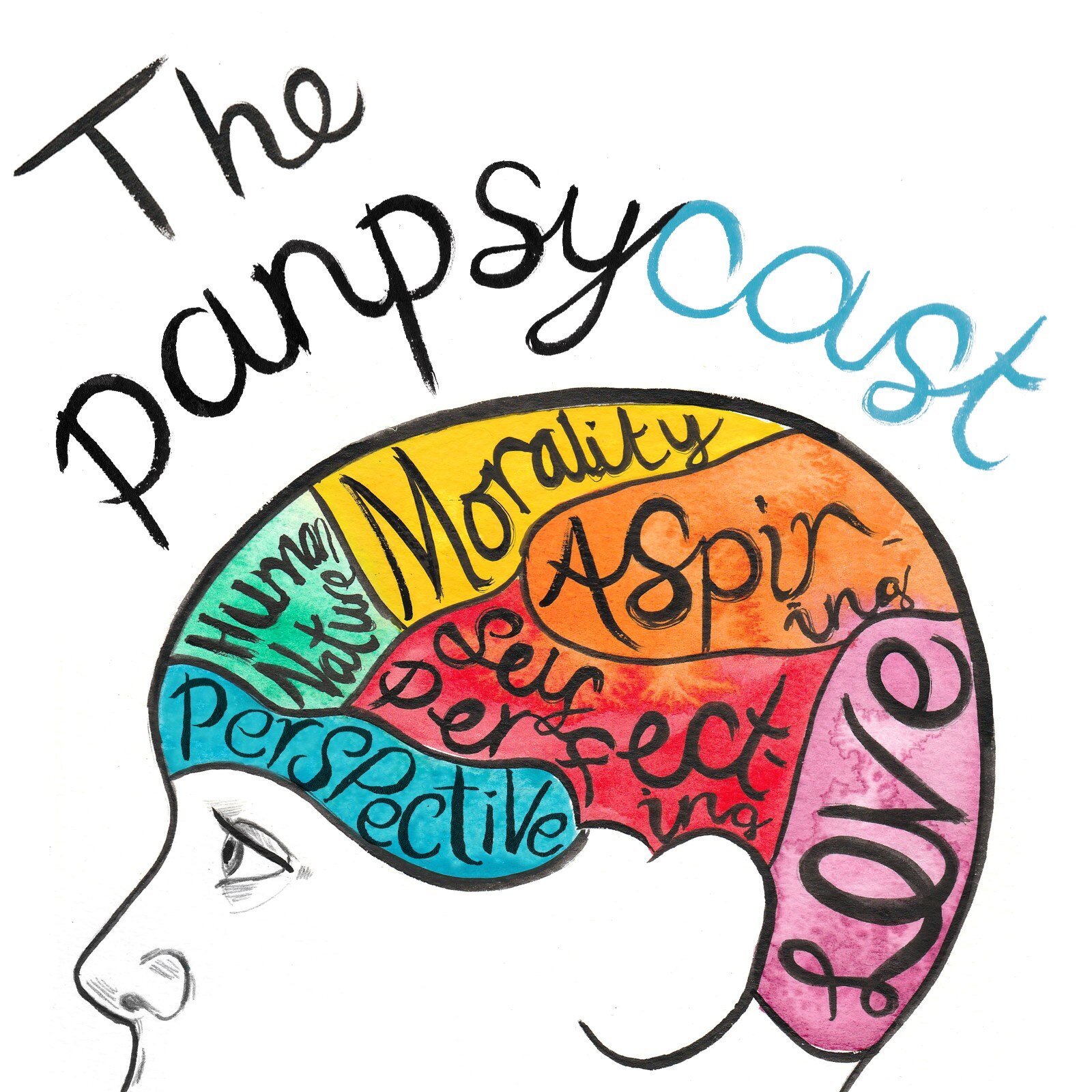Welcome to ‘Episode 105 (Part II of II)’, in which we’ll be analysing Hauskeller’s argument against transhumanist approaches to animals.
We are all prisoners of our biology. Whether humans (and our non-human cousins) have the capacity to think, feel, or fly is dictated by their DNA, long before they have a say in the matter. It’s a living lottery that has lifted human beings to lofty heights; that is, above the world’s lowly, lesser creatures. With the emergence of new technologies, the age of the transhumanists is upon us: philosophers and scientists who believe that the lottery should be rigged towards self-design and the elimination of suffering. We have a moral imperative, say the transhumanists, to engineer a world that is better for everybody: to seek out technological solutions to ethical problems, not just for ourselves but the rest of the animal kingdom. After all, the question is not, ‘can they reason?’ – nor ‘can they talk?’ – but ‘can they suffer?’
In this episode, we’ll be discussing animals in transhumanism with Professor of Philosophy and Head of Department at the University of Liverpool, Michael Hauskeller. With over two hundred publications – across a vast range of philosophical questions – in both academic and public philosophy, Professor Hauskeller is, undoubtedly, one of the world’s most prominent philosophers. For Hauskeller, philosophy helps us navigate ourselves towards a better tomorrow: through philosophy, we can discover what kind of people we want to be, in what kind of world we want to live, and how we should steer the futures of our fellow creatures.
Our question for today: should we take pity on the world’s poor brutes – those who live such lowly lives – and lift them up to our own lofty heights? Or should we leave them to dance the muddy dance of life?
The file size is large, please be patient whilst the podcast buffers/downloads/destroys its natureThis episode is produced in partnership with the Philosophy and the Future project at the University of Liverpool. For more information about philosophy at Liverpool, head over to www.liverpool.ac.uk/philosophy.
Contents
Part I. How to Become a Post-Dog
Part II. Further Analysis and Discussion
Links
Michael Hauskeller, Academia Profile.
Michael Hauskeller, How to Become a Post-Dog: Animals in Transhumanism (paper)
Michael Hauskeller, Living Like a Dog: Can the Life of Non-Human Animals Be Meaningful? (paper)
Michael Hauskeller, University Profile.
Nick Bostrom, Golden Retriever – Live on Larry King! (paper)

